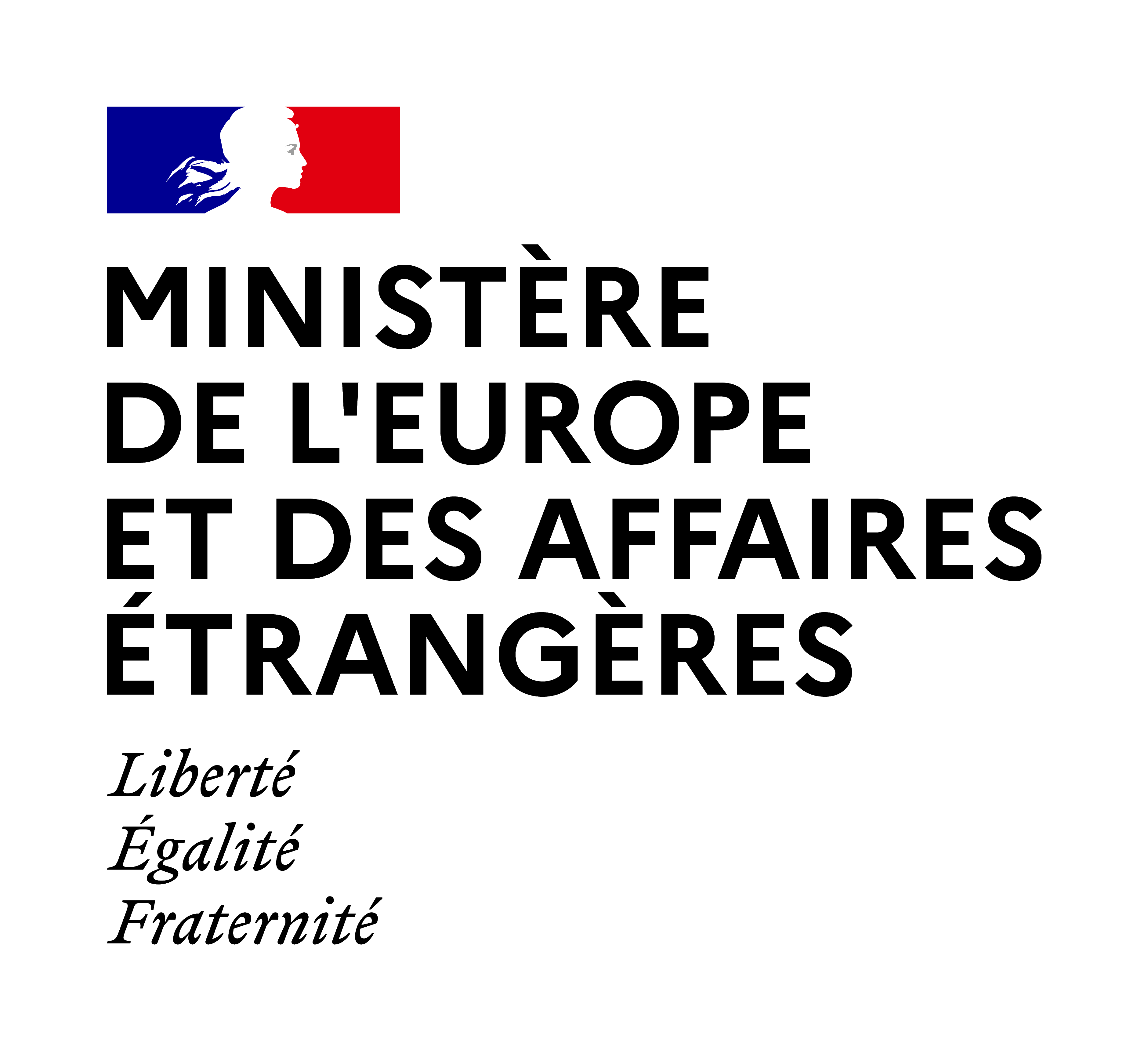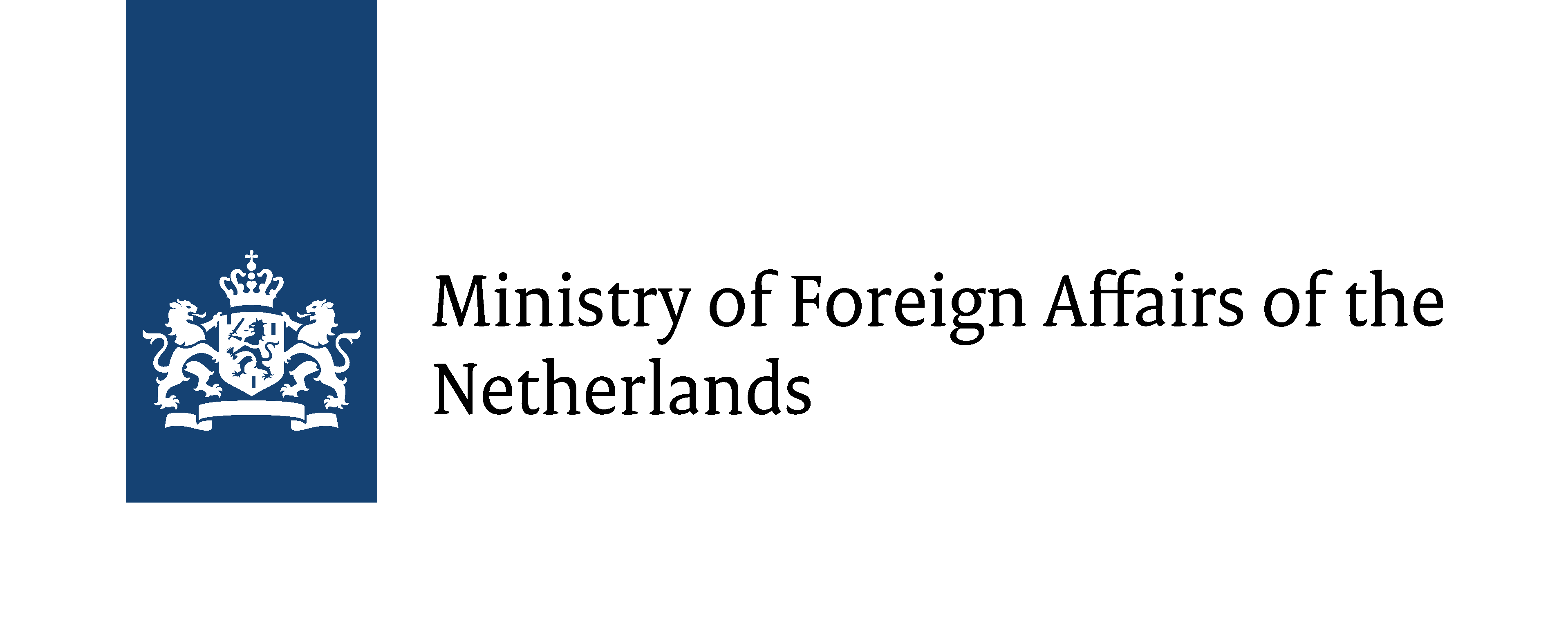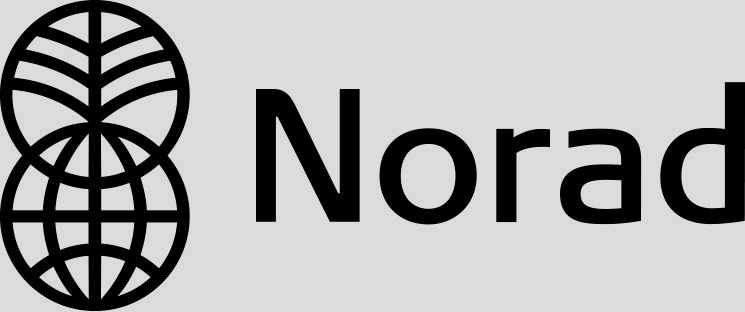Partner Organizations




Development Partners






This PFR development objective is to inform and advise policy makers in BiH about the efficiency, effectiveness, and equity of tax policies, public expenditures and revenues, focusing in the special topics on VAT, pensions, and social protection transfers
The Philippines Public Finance Review aims to inform the design and implementation of fiscal policy towards strengthening fiscal sustainability and improving public financial management.
The program aims to support countries and teams in designing fiscal policies for climate change mitigation and adaptation. It focuses on identifying fiscal policy designs that minimize trade-offs between short-term economic development and climate action.
This programmatic ASA will not only generate knowledge but also integrate it into World Bank policy dialogues and operations. Additionally, it will promote the sharing of best practices in climate-fiscal reforms and facilitate the exchange of lessons learned across regions through peer learning, trainings, and publications.
To provide the Government of Papua New Guinea with a comprehensive analysis and practical recommendations for fiscal policy reforms, focusing on strengthening macro-fiscal and debt sustainability by boosting domestic revenue and enhancing the efficiency, equity effectiveness of public expenditure.
Support green, inclusive and resilient development in Togo by (i) promoting sustainable agriculture, rural electrification and climate mitigation; (ii) boosting human capital and resilience to shocks, and (iii) rebuilding fiscal space for priority interventions.
The development objective of this Public Finance Review is to inform policy makers about the efficiency, effectiveness, and equity of tax policy and public expenditures, while maintaining macro stability.
The PFR will seek to identify options to (i) enhance domestic revenue mobilization, with emphasis on tax administration of mining and other large enterprises; and (ii) manage and deploy public resources to not only maintain macro-fiscal stability but also to invest in productivity-enhancing physical and human capital to underpin future growth. It will analyze the efficiency and equity of public spending and revenue mobilization in Guinea, and identify policy options for improving public revenue mobilization and spending programs in the context of mining-led growth dynamics, with consideration for gender and climate change objectives.
The GTP International Tax Program 2.0 aims to help developing countries create tailored tax strategies to combat tax base erosion caused by cross-border profit shifting, tax evasion, and avoidance. Focusing on policy development and capacity building, the program seeks to strengthen domestic resource mobilization to achieve the Sustainable Development Goals (SDGs). Its objectives include increasing tax revenues, enhancing voluntary compliance, and promoting a fairer global tax environment. The program also prioritizes skill development among tax officials, empowering them to manage complex international tax issues. It builds on the success of the previous GTP program and responds to recent developments in international tax, notably the implementation of the Global Minimum Tax initiative.
The Kenya PFR aims to support the Government of Kenya (GoK) identify policy options for revenue-enhancing and equitable tax reforms, alongside for strengthening public expenditure efficiency, effectiveness, equity, and the institutions surrounding it. The PFR will provide critical inputs into the design and implementation of policy reforms for a growth-friendly fiscal consolidation, through progressive and equitable increase in domestic revenue mobilization, and efficient, effective, and equitable use of public resources.
The objective of this PFR is to generate evidence and provide recommendations to increase revenue mobilization and spending efficiency – e.g. by broadening the tax base and improving expenditure decisions – with a view to supporting fiscal sustainability and enhancing the impact of fiscal policy.
This PFR development objective is to inform and advise policy makers in BiH about the efficiency, effectiveness, and equity of tax policies, public expenditures and revenues, focusing in the special topics on VAT, pensions, and social protection transfers
The GTP International Tax Program 2.0 aims to help developing countries create tailored tax strategies to combat tax base erosion caused by cross-border profit shifting, tax evasion, and avoidance. Focusing on policy development and capacity building, the program seeks to strengthen domestic resource mobilization to achieve the Sustainable Development Goals (SDGs). Its objectives include increasing tax revenues, enhancing voluntary compliance, and promoting a fairer global tax environment. The program also prioritizes skill development among tax officials, empowering them to manage complex international tax issues. It builds on the success of the previous GTP program and responds to recent developments in international tax, notably the implementation of the Global Minimum Tax initiative.
The Kenya PFR aims to support the Government of Kenya (GoK) identify policy options for revenue-enhancing and equitable tax reforms, alongside for strengthening public expenditure efficiency, effectiveness, equity, and the institutions surrounding it. The PFR will provide critical inputs into the design and implementation of policy reforms for a growth-friendly fiscal consolidation, through progressive and equitable increase in domestic revenue mobilization, and efficient, effective, and equitable use of public resources.
The objective of this PFR is to generate evidence and provide recommendations to increase revenue mobilization and spending efficiency – e.g. by broadening the tax base and improving expenditure decisions – with a view to supporting fiscal sustainability and enhancing the impact of fiscal policy.
The Philippines Public Finance Review aims to inform the design and implementation of fiscal policy towards strengthening fiscal sustainability and improving public financial management.
The program aims to support countries and teams in designing fiscal policies for climate change mitigation and adaptation. It focuses on identifying fiscal policy designs that minimize trade-offs between short-term economic development and climate action.
This programmatic ASA will not only generate knowledge but also integrate it into World Bank policy dialogues and operations. Additionally, it will promote the sharing of best practices in climate-fiscal reforms and facilitate the exchange of lessons learned across regions through peer learning, trainings, and publications.
To provide the Government of Papua New Guinea with a comprehensive analysis and practical recommendations for fiscal policy reforms, focusing on strengthening macro-fiscal and debt sustainability by boosting domestic revenue and enhancing the efficiency, equity effectiveness of public expenditure.
Support green, inclusive and resilient development in Togo by (i) promoting sustainable agriculture, rural electrification and climate mitigation; (ii) boosting human capital and resilience to shocks, and (iii) rebuilding fiscal space for priority interventions.
The development objective of this Public Finance Review is to inform policy makers about the efficiency, effectiveness, and equity of tax policy and public expenditures, while maintaining macro stability.
The PFR will seek to identify options to (i) enhance domestic revenue mobilization, with emphasis on tax administration of mining and other large enterprises; and (ii) manage and deploy public resources to not only maintain macro-fiscal stability but also to invest in productivity-enhancing physical and human capital to underpin future growth. It will analyze the efficiency and equity of public spending and revenue mobilization in Guinea, and identify policy options for improving public revenue mobilization and spending programs in the context of mining-led growth dynamics, with consideration for gender and climate change objectives.









